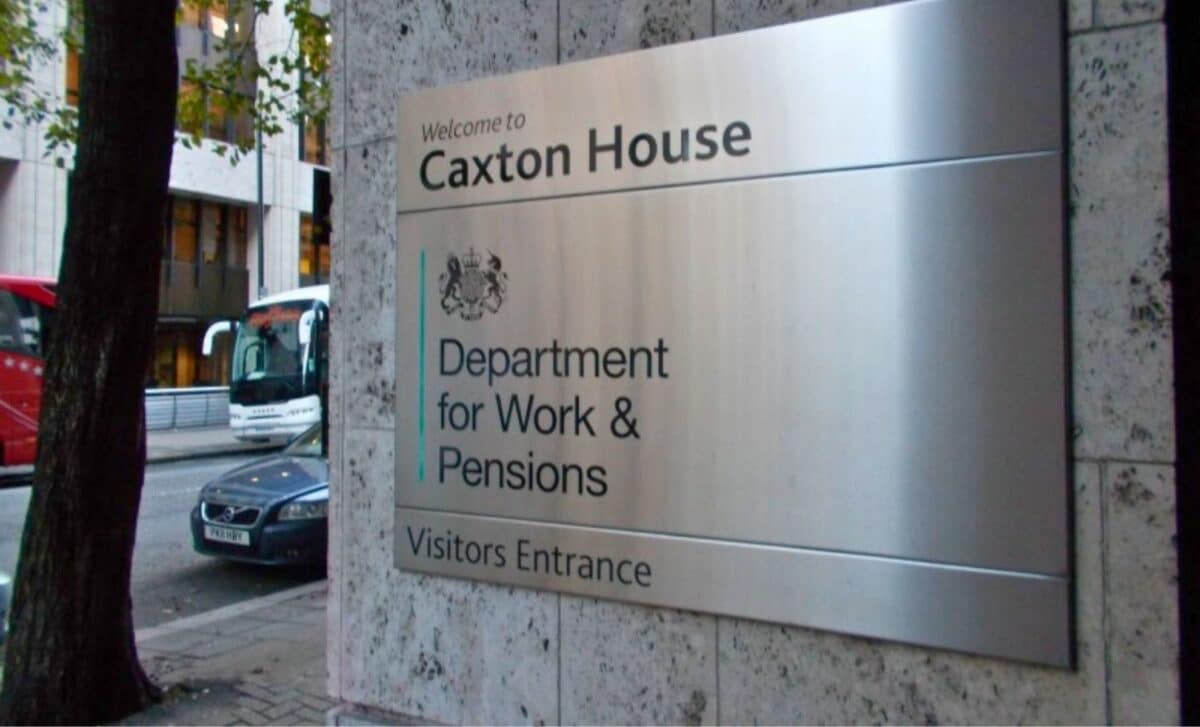The Department for Work and Pensions (DWP) has come under scrutiny after new findings revealed that over 136,000 claimants are now facing repayment demands due to overpayments of Carer’s Allowance. The total debt has risen to an astonishing £251.7 million, a significant increase from £100 million just six years ago, according to the National Audit Office (NAO). This surge has sparked outrage among campaigners and led to calls for urgent reform to address what many are calling a flawed and unforgiving system.
Carer’s Allowance provides crucial financial support to individuals who care for someone with a disability for at least 35 hours per week. Recipients can claim up to £81.90 per week; however, the allowance comes with a strict earnings limit of £151 per week. Unlike Universal Credit, which reduces benefits gradually as income increases, Carer’s Allowance operates on an “all-or-nothing” basis, meaning claimants lose their entire entitlement if they earn even slightly above the threshold. This has resulted in thousands of carers being saddled with unexpected and often unaffordable repayment demands.
The Scale of the Debt Crisis
The NAO report has highlighted the growing problem of overpayment recoveries within the Carer’s Allowance system. Over the past five years, the number of households affected has soared by nearly 75%, rising from 80,169 households in 2018 to over 136,000 in 2023. Many of these claimants were unaware that they had exceeded the earnings threshold until years later, when they received demands to repay large sums.
The delayed notification process exacerbates the issue, leaving claimants in financial hardship as they struggle to pay back money they believed they were entitled to. The emotional and financial toll of these repayment demands has been described as devastating, particularly for unpaid carers who often rely on Carer’s Allowance to cover basic living expenses.
At the same time, enforcement trends have shifted. Prosecutions for benefit overpayments have fallen dramatically in recent years, dropping from 246 cases in 2018 to just 54 cases in 2023. However, civil penalties—used as an alternative to legal action—have surged by 50%, further burdening claimants with financial penalties that compound their debt.
How Carer’s Allowance Rules Affect Claimants
The rules governing Carer’s Allowance have been heavily criticized for their lack of flexibility, leaving many claimants vulnerable to financial hardship. One of the most contentious aspects is the strict earnings limit, which disqualifies claimants if they earn more than £151 per week after deductions, regardless of how slightly they exceed it. This rigid threshold offers no leeway, meaning even a small pay increase or additional shift can result in the loss of the entire benefit.
Another major issue is the delayed notification process. Many claimants are not informed by the DWP that they have exceeded the earnings limit until months or even years later. This delay often leads to significant overpayments, which must be repaid, leaving claimants in unexpected debt. Furthermore, the all-or-nothing system of Carer’s Allowance means there is no partial entitlement; claimants either receive the full amount or lose the benefit entirely if their income surpasses the limit.
This inflexible approach creates significant challenges for carers, particularly those whose income fluctuates or who take on extra work to manage living costs. As a result, many find themselves trapped between their caregiving responsibilities and the financial penalties of the current system.
The Impact on Unpaid Carers
The financial and emotional toll of repayment demands has drawn sharp criticism from advocacy groups and campaigners. Unpaid carers, many of whom already face significant challenges balancing caregiving responsibilities with their own well-being, are disproportionately affected by the system’s shortcomings.
Helen Walker, Chief Executive of Carers UK, described the findings as a stark indictment of the current system. She stated:
“This is yet further evidence of a broken system that is failing unpaid carers. This serious failure has left thousands of carers experiencing emotional distress and financial hardship for years.”
Many carers have reported feelings of anxiety and frustration as they attempt to navigate the complex repayment process. For those already living on tight budgets, the demands for repayment can lead to severe financial instability, forcing some to take on debt or cut back on essential expenses.
Calls for Reform to Protect Carers
The growing number of repayment demands has intensified calls for systemic reform to the Carer’s Allowance structure. Critics argue that the system needs to be more forgiving and better aligned with the realities faced by carers, who often juggle caregiving duties with part-time work or other responsibilities.
Proposed changes include:
- Introducing a Tapered System: Adopting a model similar to Universal Credit, where benefits are gradually reduced as earnings increase, rather than being cut off entirely. This would provide greater financial stability for carers.
- Raising the Earnings Threshold: Adjusting the £151 weekly limit to reflect inflation and the rising cost of living, ensuring that carers are not penalized for taking on additional work to make ends meet.
- Improved Communication: Ensuring that claimants are notified promptly if they approach or exceed the earnings threshold, reducing the risk of accruing large overpayments.
- Debt Forgiveness: Expanding the DWP’s ability to write off debts in cases where repayment would cause undue financial hardship or where overpayments resulted from delayed notifications.
Such reforms could help create a more equitable system that supports unpaid carers rather than penalizing them for small errors or unforeseen circumstances.










I am a carer to my disabled son and I have got to so much debt I am a single mother of 4 children and I suffer with Bipolar and schizophrenia also had 2 Stroke
am a carer to my disabled son and I have got to so much debt I am a single mother of 4 children and I suffer with Bipolar and schizophrenia also had 2 Stroke